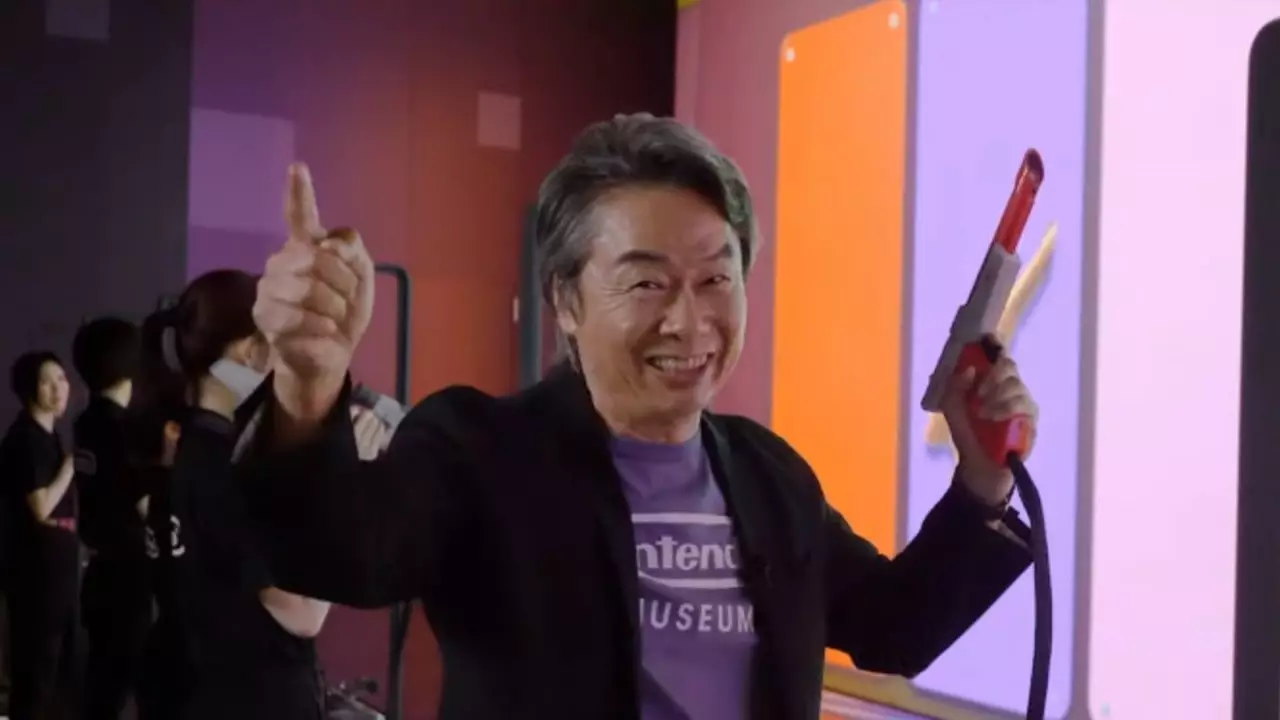Recent reports have surfaced about troubling behaviors exhibited by overseas tourists at Nintendo’s museum in Japan. Sources reveal that visitors have been flouting the museum’s “no photography” policies, particularly in areas intended for preserving prototypes and relics from the gaming giant’s past. One photograph, which gained significant attention online, highlighted these restricted zones, igniting a wave of social media shares that undermined the museum’s regulations. The increasing accessibility to smartphones and social media platforms has made it alarmingly easy for such incidents to proliferate.
In Japan, much like many other countries, museums typically enforce rules that aim to protect their exhibits and maintain an appropriate atmosphere for all visitors. The aim is not simply to preserve the artifacts but also to ensure the experience remains enjoyable and respectful. Such ordinances are not unique to Nintendo; they are standard across various exhibitions worldwide, including art galleries and historical sites. It’s an unfortunate trend where tourists, often unaware or indifferent to local customs and regulations, push the boundaries of acceptable behavior, leading to tensions between the institutions and their international guests.
What makes this situation particularly disconcerting is the potential ripple effect it may have on the policies governing visitor behavior in museums and cultural spaces. Nintendo, like other organizations, may be compelled to introduce stricter rules or guidelines for tourists, which could include enhanced monitoring or even fines. This shift could stem from a broader trend observed in Japan, where an influx of tourists from various backgrounds has led to increased instances of rule-breaking. The delicate balance between hospitality and enforcing rules could be jeopardized if such behaviors continue to escalate.
Moreover, this isn’t the first instance wherein the lack of respect from visitors has threatened to undermine the integrity of a cultural institution. A recent incident involved a museum guest who unplugged a Super Nintendo controller, further raising alarms about how visitors interact with exhibits. With the advent of digital communication, it has become exceedingly challenging for organizations to control the dissemination of unauthorized footage or images, especially following events like Nintendo’s online playtest launch, which explicitly requested secrecy.
Ultimately, these occurrences exemplify a more extensive issue, wherein cultural misunderstandings can have tangible consequences on the enjoyment and preservation of local heritage. For those planning a visit to Nintendo’s museum, it is prudent to adhere strictly to posted guidelines—especially regarding photography. When in doubt, asking a staff member for clarification could make all the difference. As the nation opens its doors to more international travelers, the emphasis on respectful engagement with local customs and rules becomes ever more critical to fostering an enriching experience for all.


Leave a Reply